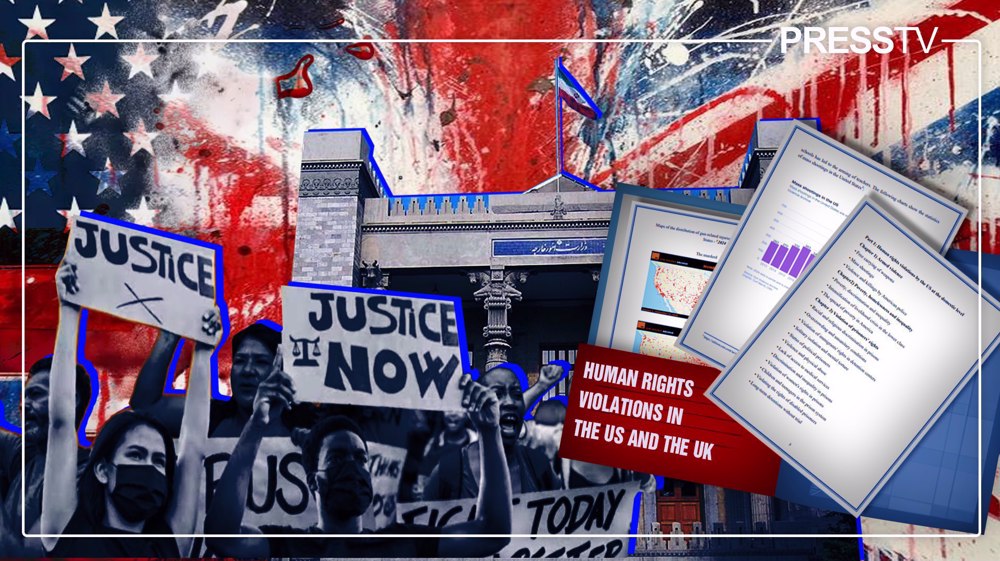Black man dies after sustaining injuries during arrest by Baltimore police
Police in the US city of Baltimore are carrying out a criminal investigation into the death of an African-American man whose spine was broken in their custody.
Twenty-five-year-old Freddie Gray died on Sunday at a hospital, a week after he was seriously injured while being arrested by the Baltimore Police Department.
Family lawyer William Murphy said Gray fell into a coma after his spine was broken while he was in custody.
"His spine was 80 percent severed at his neck. He lapsed into a coma, died, was resuscitated, stayed in a coma and on Monday, underwent extensive surgery at Shock Trauma to save his life," Murphy said.
"He clung to life for seven days and died today at approximately 7 a.m."
An eyewitness made a video of a injured Gray being dragged into a van by officers.
At a news conference at City Hall, Mayor Stephanie Rawlings-Blake promised a thorough investigation into the death and vowed to ensure the city hold "the right people accountable."
"How was Mr. Gray injured? Were the proper protocols and procedures actually followed? What are the next steps to take from here?" the mayor asked.
Meanwhile, Deputy Commissioner Jerry Rodriguez said authorities launched a criminal investigation into the tragic incident.
"It's a two-part investigation. One is a criminal case, for Mr. Gray and also the officers. We always have that component in there to determine whether there is criminal culpability," Rodriguez said.
A large number of protesters held a demonstration outside the Baltimore police station after the news of Gray’s death was broadcasted.
Demonstrators chanted slogans against racial discrimination and police brutality in the United States.
“Hands up, don’t shoot” and “black lives matter,” some protesters chanted.
The killing of several unarmed black men by white police officers in recent months and decisions by grand juries not to indict the officers triggered large-scale protests across the US.
There is also widespread racial disparity in the US criminal justice system. According to a study by the Sentencing Project research group, one in three black males are likely to be sentenced to prison sometime during their life. The figure for white men is one in 17.
GJH/GJH
Iran’s economy grew 2.7% y/y in Sep quarter: CBI
VIDEO | Freelancers in Gaza strive to stay online amid genocide
Mikati demands Israel's withdrawal from south Lebanon
Yemeni army strikes Israeli military sites with drones
‘Clock ticking’: UNRWA slams unjustifiable killing of children in Gaza
BP to be sued in Britain for supplying oil to Israel
VIDEO | Press TV's news headlines
Israeli strikes on north Gaza hospital ‘extremely dangerous, terrifying’: Director










 This makes it easy to access the Press TV website
This makes it easy to access the Press TV website